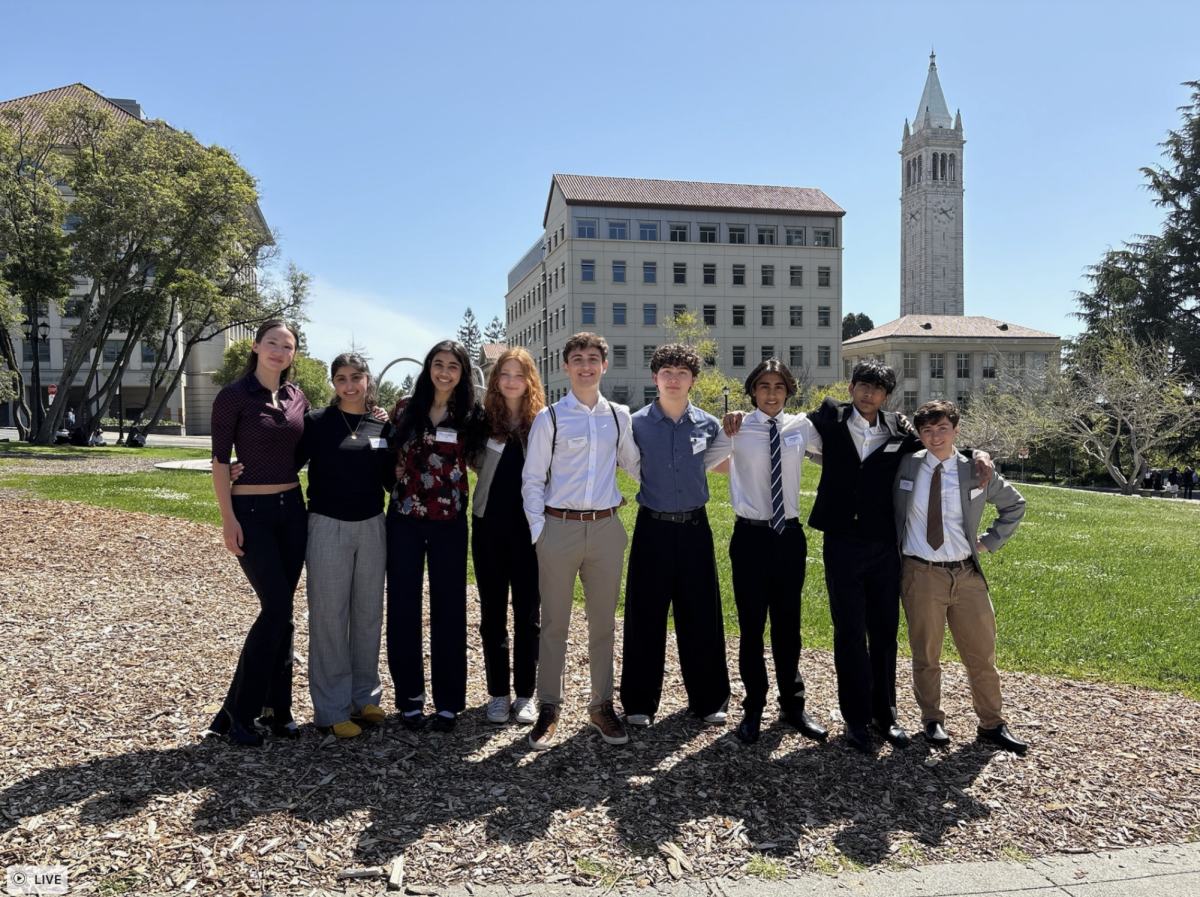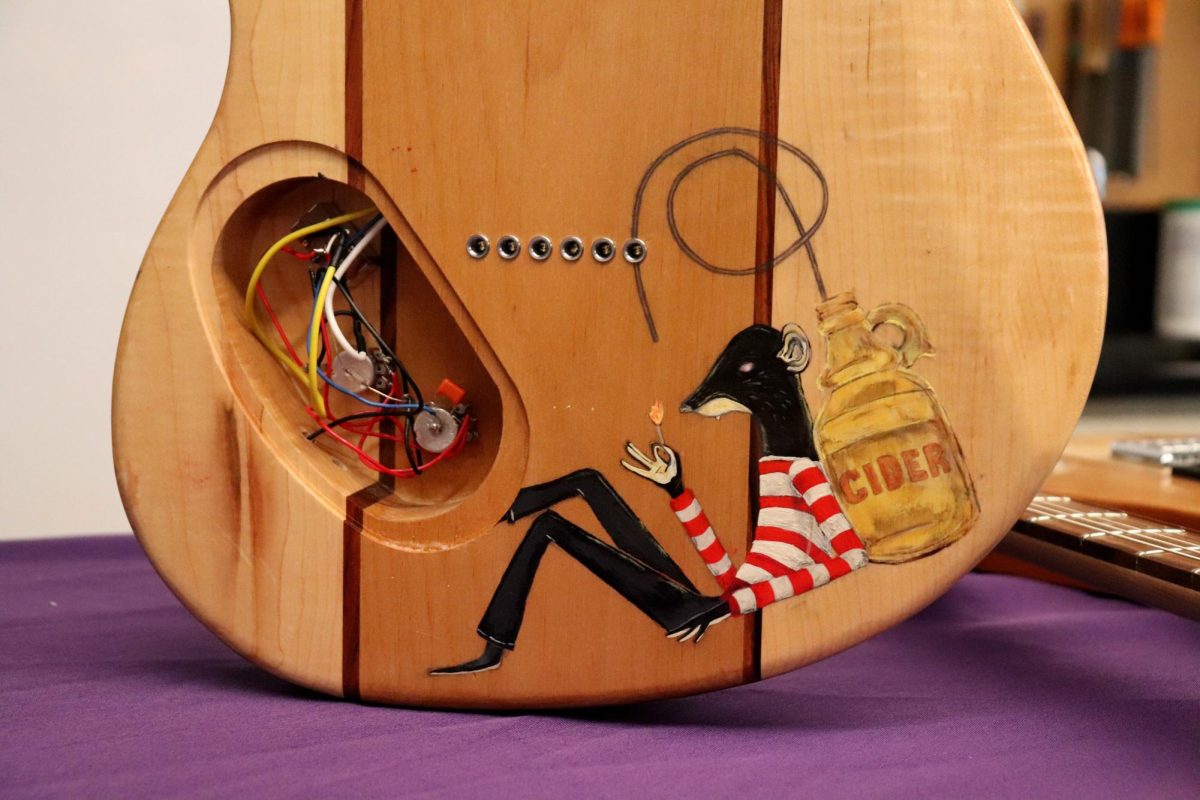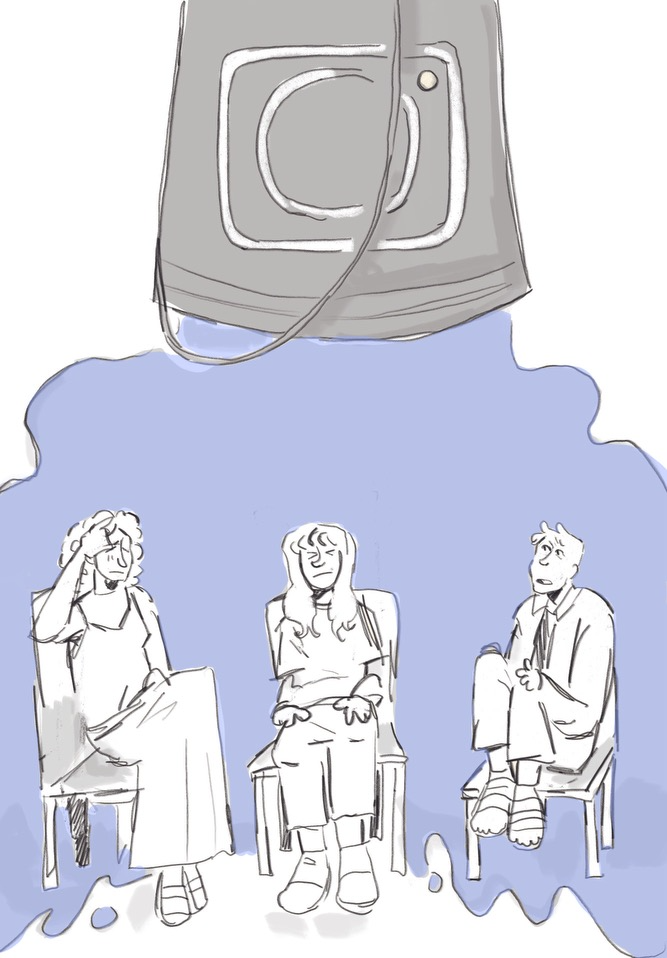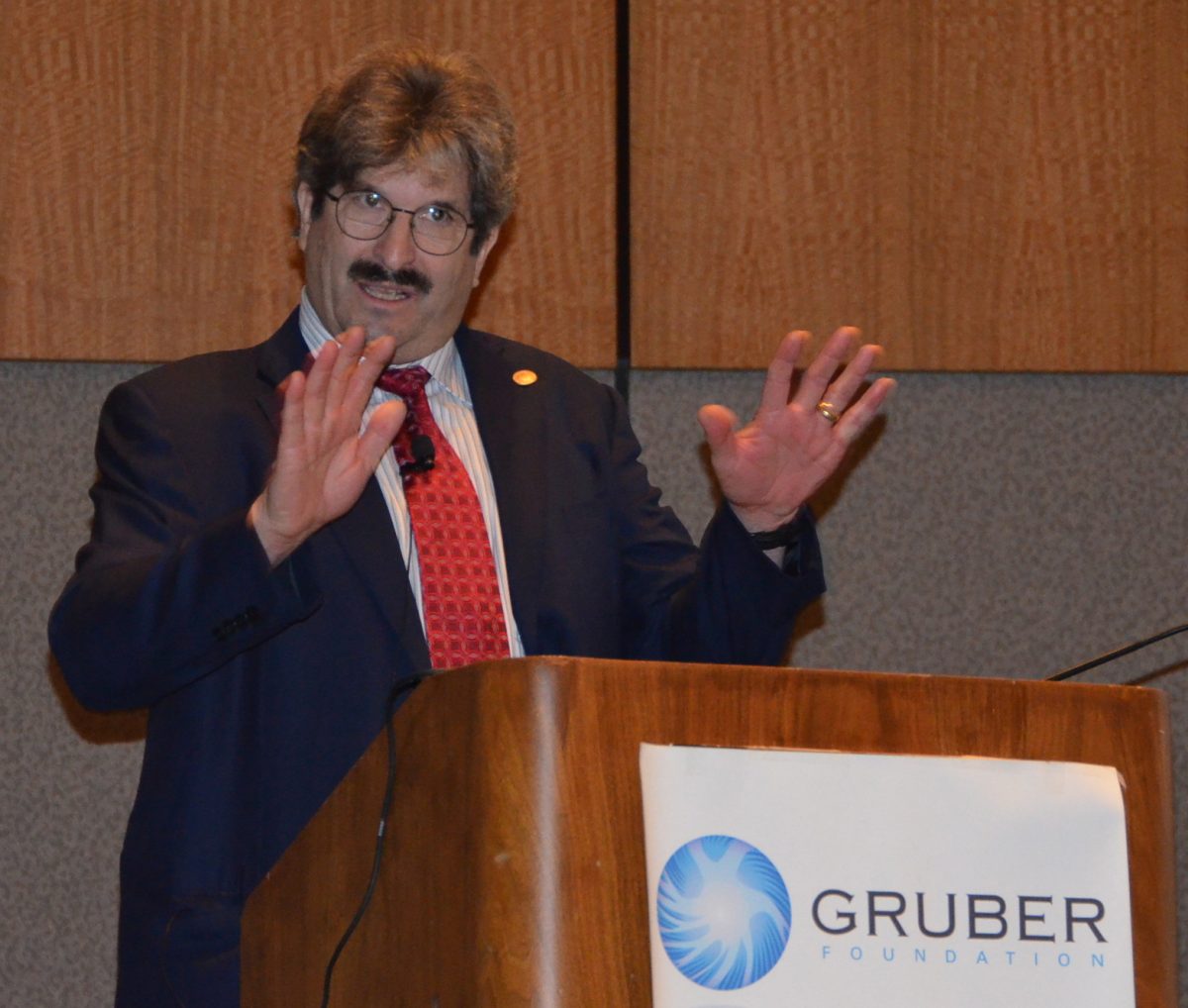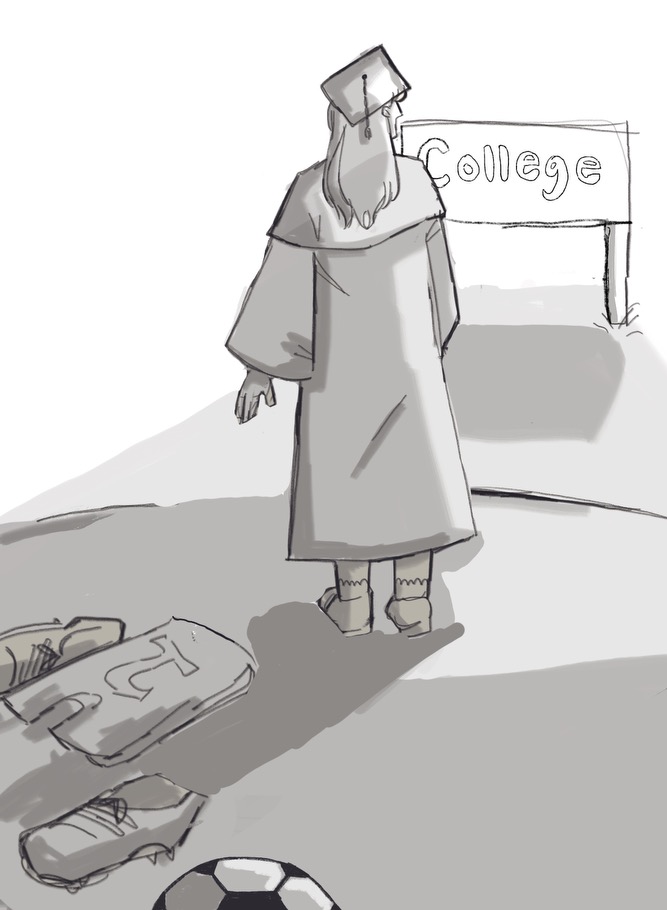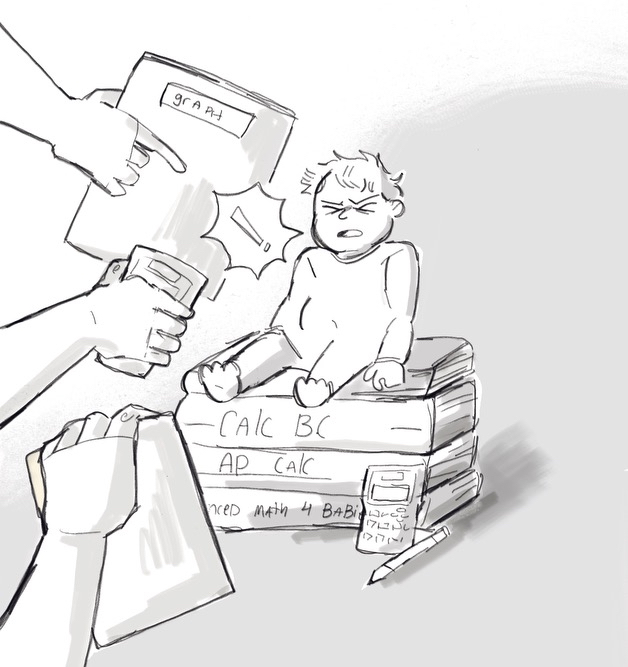Sexual Harassment: Holding People Accountable For Their Language
Jun 2, 2023
There’s a commonly-used phrase that acts as a safety net to defend a comment that otherwise would create an uncomfortable atmosphere: ‘it’s a joke.’
As students, we’re used to responsibility and maturity and we’ve contributed a lot to this school. So why are we still making excuses for sexual harassment on campus?
It is time for Piedmont students to accept responsibility, acknowledge the harm of our language, and to step in when we see sexual harassment.
The first step is identifying that language.
Sexual health and literacy educator Natasha Singh has worked in Piedmont and throughout the US. Singh defines sexual harassment as any unwanted, unsolicited sexual gestures or sexual comments.
According to the National Sexual Violence Resource Center, 81 percent of women and 43 percent of men nationwide have experienced sexual harassment. Two Piedmont boys were willing to share their specific stories of experiencing sexual harassment within the last year to TPH, stories that may mirror the experience of other boys at Piedmont High School.
In both instances, harassment consisted of continuous suggestions and demands for sex that persisted despite repeatedly being told ‘no.’ One student also experienced harassment involving unwanted comments about his body and unwanted suggestions about his sexuality.
In both instances, the student told the perpetrator that it made them uncomfortable.
In both instances, the perpetrators either told the student that they either enjoyed that discomfort, or didn’t care.
Let’s be clear – repeated unsolicited and unwanted demands for sex is sexual harassment.
We’ve all heard the instant shutdown of a harassment allegation —“it was a joke.”
First off, sexual harassment being justified as a ‘joke’ doesn’t lesson its impact.
According to the Rape, Abuse, & Incest National Network (RAINN), in addition to feeling anger, humiliation, and powerlessness, survivors of sexual harrassment can suffer from anxiety, depression, post-traumatic stress disorder, loss of motivation, substance abuse, and suicidal tendencies.
If we accept language about each other’s bodies as okay, one question begs to be asked: What else will we permit within the bounds of ‘joking?’
“We need to be mindful of the signals we send,” Singh said. “In my spaces, I try never to let even a second of that [joking] go uncommented on because I have a deep commitment to educating people”.
If we don’t stand up when we see harassment, we are accepting it as normal and contributing to Piedmont’s rape culture – one that encourages abuse and oppression.
Both of the specific instances described were men being harassed by female perpetrators. Not one single gender, or person of any amount of popularity, is excused from orchestrating, encouraging, defending, or perpetrating this language that directly contributes to rape culture.
It’s time to bring back “see something, say something.”
Saying something isn’t a huge mountainous feat that will strip away your popularity forever. Sometimes, it’s as simple as asking questions. Ask the perpetrator of harassment why they think it’s funny.
It will be hard to chip away at the ‘joke mindset.’ But saying nothing only leads to more damage.
We’re all somebody’s friend. We all know somebody who has experienced sexual harassment. We can all say something to disrupt language that, at the very least, creates an uncomfortable environment.
It is fully within the capability of Piedmont students to simply stop using this language.
Don’t be the person who has to wonder what the effect of something they said was on somebody. Don’t be the person who has to wonder if they should have said something in the moment.
Don’t be responsible for anybody’s discomfort at PHS.

